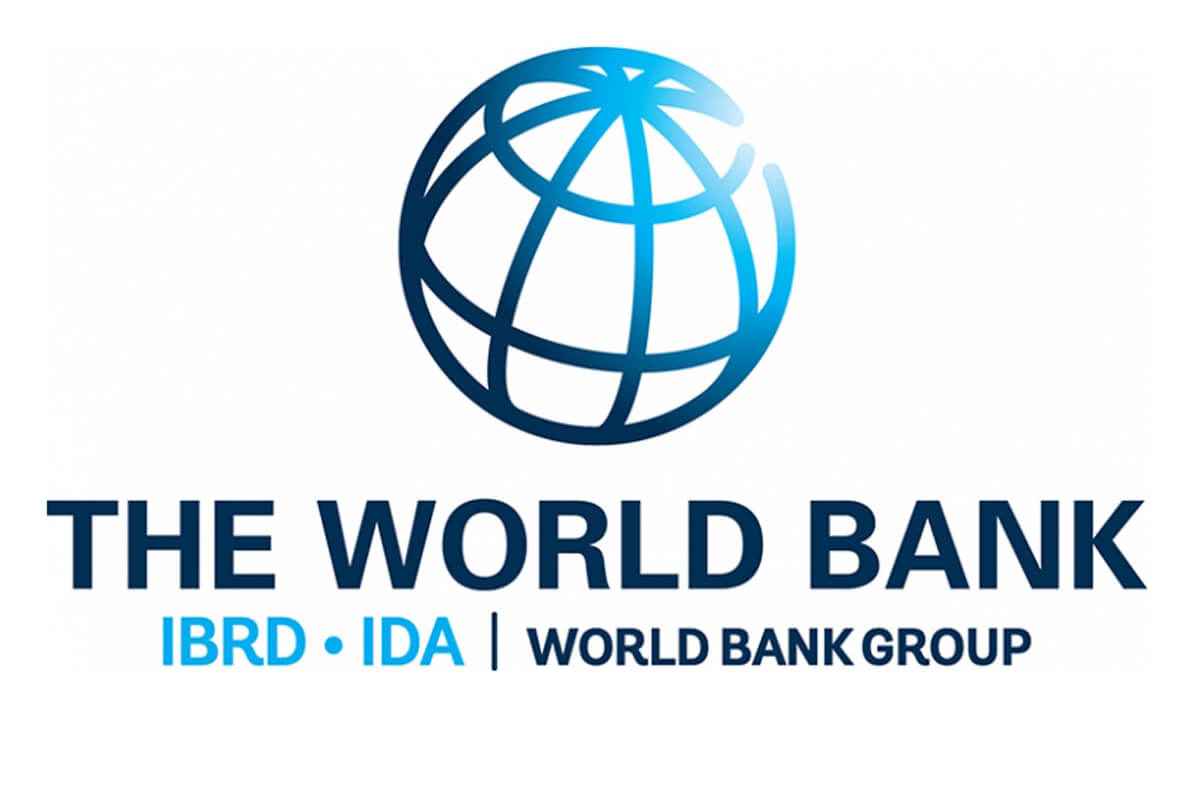WB urges investment, productivity-driven growth
Kathmandu, November 1
Investment and productivity-driven economic growth is crucial for Nepal to achieve the country’s development targets and capitalise on its ambitious plan to become a middle-income country by 2030, as per the latest edition of the World Bank’s Nepal Development Update (NDU), which was unveiled today.
Citing that an economic growth rate of at least seven to eight per cent in the coming years will be imperative to achieving development targets, the international financial institution stressed on the need for Nepal to shift from the remittance-led and consumption-based economic growth to one that is investment and productivity driven.
The report has projected Nepal’s gross domestic product (GDP) value, which remained at 6.3 per cent in fiscal 2017-18 despite less favourable monsoon, to average six per cent over medium term driven primarily by investments. Likewise, the report has projected inflation to hover below five per cent in current fiscal against backdrop of increasing oil price and depreciation of the Nepali currency vis-à-vis the US dollar.
The NDU report also noted that Nepal’s ability to integrate into the global market has been hampered by limited foreign direct investment over the years and suggested for a transformative change in FDI environment to assure a sustainable growth of GDP over the long term.
Citing that weak financial infrastructure, capital market and institutional investors, foreign exchange restrictions, weak regulatory framework for foreign investments, restrictive policies on borrowing from foreign lenders and complicated process for offshore capital repatriation, among others are major constraints for maximising finance for development, the report states the need to address these constraints to facilitate increased access to finance and promote instruments for long-term finance.
Informing that selected priority reforms to crowd in the private sector are must, along with a strong emphasis on increasing firm competitiveness and exports, Kene Ezemenari, senior economist at the World Bank and author of the NDU report, said, “Promoting financial inclusion, developing long-term financing to invest in infrastructure, strengthening public investment management and public private partnerships should be the key priorities in Nepal to position the country as a relevant global player.”
Meanwhile, Qimiao Fan, World Bank country director for Nepal, Bangladesh and Bhutan, mentioned that the government of Nepal should continue taking proactive and transformative steps to attract FDI and drive its development. “Key policies and practices will be needed to signal to global investors that a new ecosystem is being put in place in Nepal. World Bank will offer all necessary support to this critical agenda,” said Fan.
On the occasion, Finance Minister Yubaraj Khatiwada, said Nepal has adopted a development motto titled ‘Prosperous Nepal, Happy Nepali’, which aims to achieve faster growth through higher level of investment, productivity and effective public institutions. “Government is working on policy reforms and strengthening investment ecosystem in country, creating an enabling environment for investment and encouraging private sector to achieve their productive potentials,” he said.
Khatiwada also informed that the government is planning to host an international investment summit in March next year to capitalise on the development of industries.






